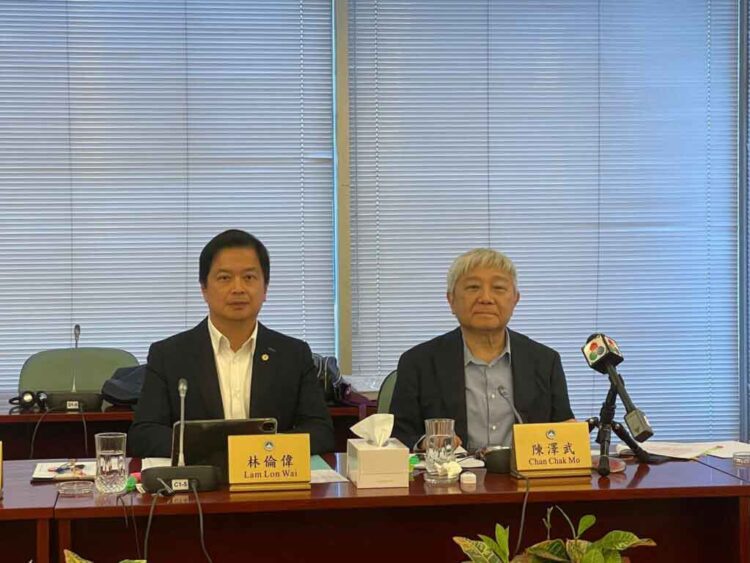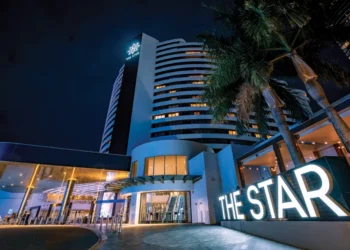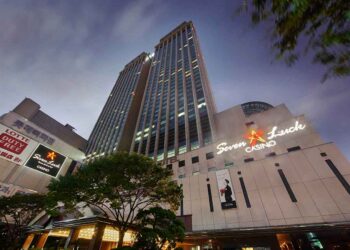Some people who have committed minor illegal gambling offences may be exempted from prosecution under Macau’s new illegal gambling law should they provide evidence against others, it was revealed Friday.
On a day in which the new law gained final approval by the Legislative Assembly, the chairman of a subcommittee that has been studying the contents of the law, Chan Chak Mo, confirmed that the subcommittee had finalized details of the law by focusing on its wording around certain key issues.
Among them, he told media the new law stipulates betting cannot be carried out in public places but that the scope of “public places” can be very large, with those found guilty facing a fine of between MOP$1,500 and MOP$5,000 (US$186 and US$619).
The bill also says that any person who participates in illegal gaming or is present at the venue concerned will be guilty of committing an offence. However, if a person provides evidence to law enforcement which enables authorities to arrest other suspects or the main culprits, that person may have their sentence reduced or be granted immunity.
Chan pointed out that this is similar to the “tainted witness” provision, a new initiative limited to minor offences.
On another notable addition under the new gaming law that will allow the premises of potential witnesses or suspects of crime be searched even at nighttime, Chan said the subcommittee had no strong view on the provision but considered that “night searches will eliminate illegal betting organizations that operate at night.”
As for another addition to the law called “extension of detention”, the bill mentions that the Criminal Procedure Code would need to be amended to fulfil the conditions for extension of detention. Chan again said the Committee had no strong views on this provision but stressed that only offences punishable by more than eight years’ imprisonment could be subject to extension of detention by the Judiciary.
Former Suncity chairman Alvin Chau last year appealed to the Court of Final Appeal using the “habeas corpus” argument by which he claimed the detention period of some prisoners in the case had already expired. However, his appeal was eventually dismissed and the detention period extended by the court.



































